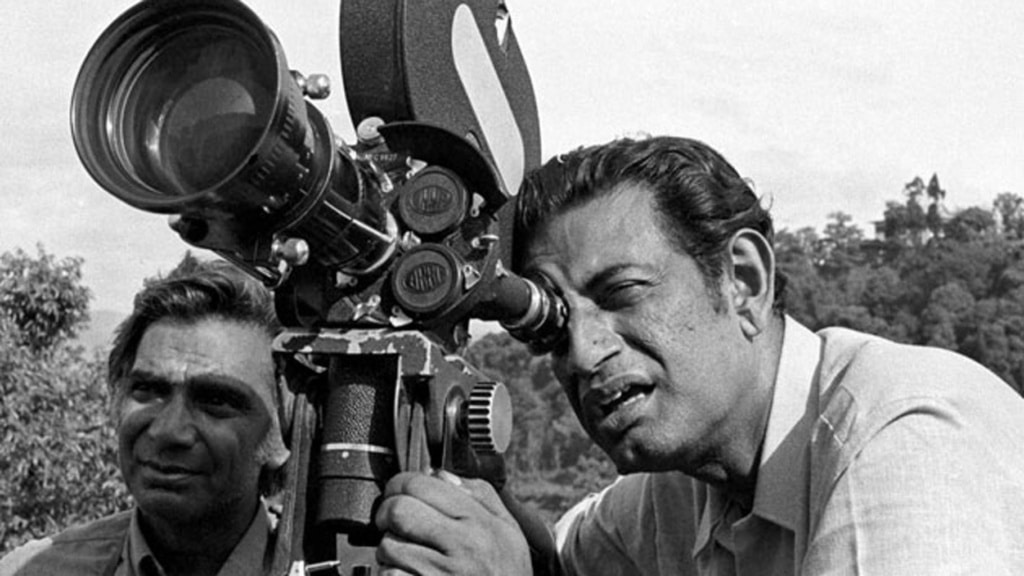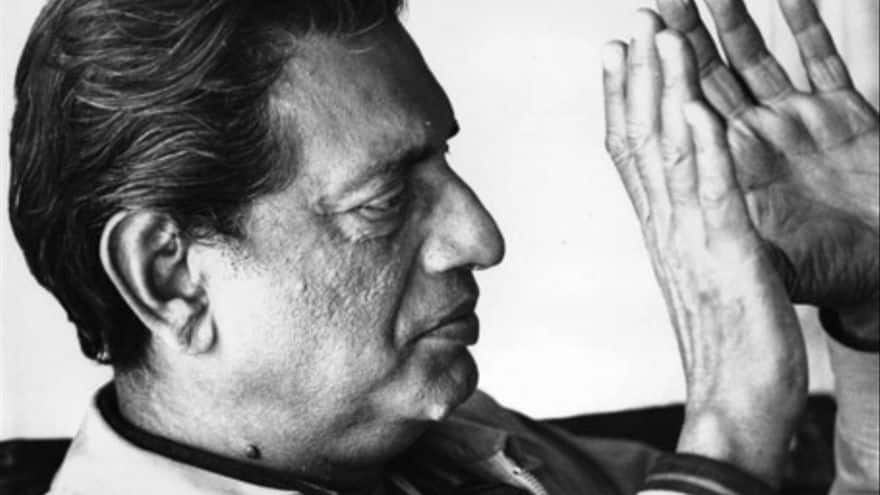
02/05/2021.- The hindu director Satyajit Ray (1921-1992) is one of the most important filmmakers of all time and one of the great artists of the 20th century: screenwriter, documentary maker, auteur, lyricist, magazine editor, illustrator, calligrapher and even music composer . He is considered the father of Indian cinema because he made it known to the western world, where he won important awards since the beginning of his filmmaking career.
He was admired by other great contemporary directors such as John Ford, Orson Welles or Akira Kurosawa, who even said once that “not having seen Ray’s films means existing in the world without seeing the sun or the moon.” Ray’s cinematic legacy is wide and versatile and possesses great internal coherence, but is often unknown to the general public.
Most of his films from the 70s could be seen in Spain thanks to the Valladolid Film Festival (at the time still named “International Film Week of Human and Religious Values”).
Moreover, in the 51st edition (2006) he was honoured by a retrospective of seven of his most representative films still unreleased in our country. These were screened chronologically, beginning by his first comedy ‘Parash Pathar’ (‘The Philosopher’s Stone’, 1957). The retrospective also included ‘Jalsaghar’ (‘The Music Room’, 1958), considered one of his best films; the documentary ‘Rabindranath Tagore’ (1961), narrated by Ray himself; and ‘Abhijaan’ (‘The Expedition’, 1962), a film that illustrates several of the most characteristic features of Ray’s cinema, in terms of composition, dialogue and the use of symbols. Interestingly, it should be noted that the protagonist of this film was a direct influence on the character of the cynical cab driver Travis Bickle (played by Robert De Niro) in Martin Scorsese’s Taxi Driver (1976). Scorsese himself has often acknowledged Ray’s significant influence on his entire filmography.
The 2006 tribute was completed by ‘Nayak’ (‘The Hero’, 1966), ‘Sadgati’ (‘Deliverance’, 1981) and ‘Agantuk’ (‘The Stranger’, 1991), based on one of his own short stories. The latter film’s main character is a man who has spent many years out of India and returns to visit his niece: a plot that has autobiographical overtones. ‘The Stranger’ was Satyajit Ray’s last film, since shortly after it was released and he was awarded an Honorary Oscar for his entire professional career, he died in Calcutta.



























![Logo Foro Cultural de Austria Madrid[1]](https://www.seminci.com/wp-content/uploads/2024/09/Logo-Foro-Cultural-de-Austria-Madrid1-300x76.jpg)








